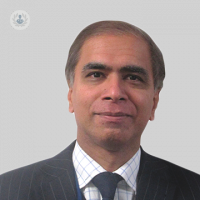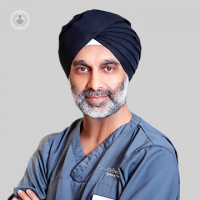What conditions does a gastroenterologist treat?
All gastroenterologists have trained extensively, and different doctors may specialise in different areas of the digestive system. Most are trained in lower GI (gastro-intestinal)
endoscopy (including
colonoscopy), and specialise in the management of a variety of conditions.
Conditions treated by gastroenterologists include:
Which subspecialties are included under gastroenterology?
Hepatology is a major sub-specialty, with some specialists preferring to be known as “hepatologists” rather than “gastroenterologists”. Hepatology primarily deals with diseases of the liver, while some hepatologists also cover the pancreas and/or biliary tree as well.
Other sub-specialty interests include:
- Colorectal surgery – also known as “proctology”, this specialty deals with anal and rectal diseases.
- Upper GI diseases (oesophagus and stomach)
- Functional bowel diseases
- Tropical diseases
- Gastrointestinal cancer and its prevention
- Endoscopy
- Clinical nutrition
When should you see a gastroenterologist?
You should consult a gastroenterologist if you are experiencing symptoms such as
abdominal pain or discomfort, bloating, bowel irregularities, blood in your stool, heartburn, persistent or repeated stomach aches, difficulty swallowing food, or any other digestive problem that has you concerned. The doctor will be able to give you a check-up (this may involve examining inside your digestive tract via an endoscopy or colonoscopy) and try to find the cause of the symptoms, before advising you on the best course of treatment.





















